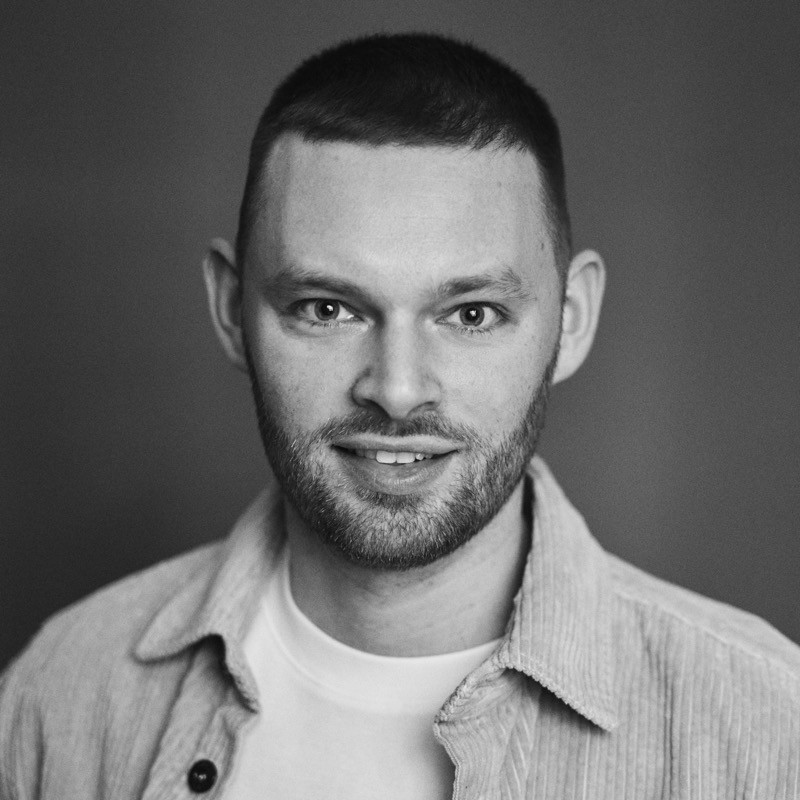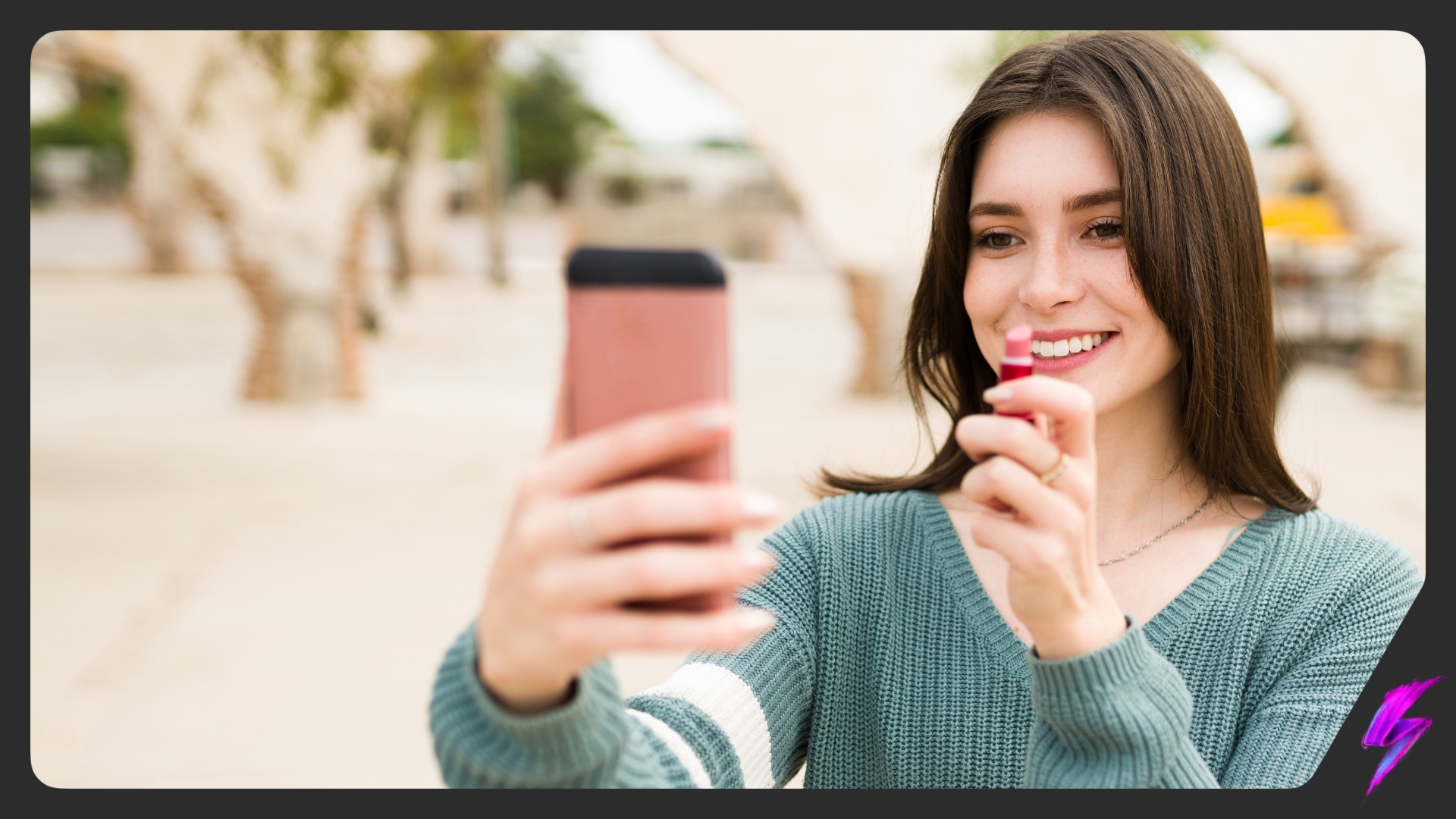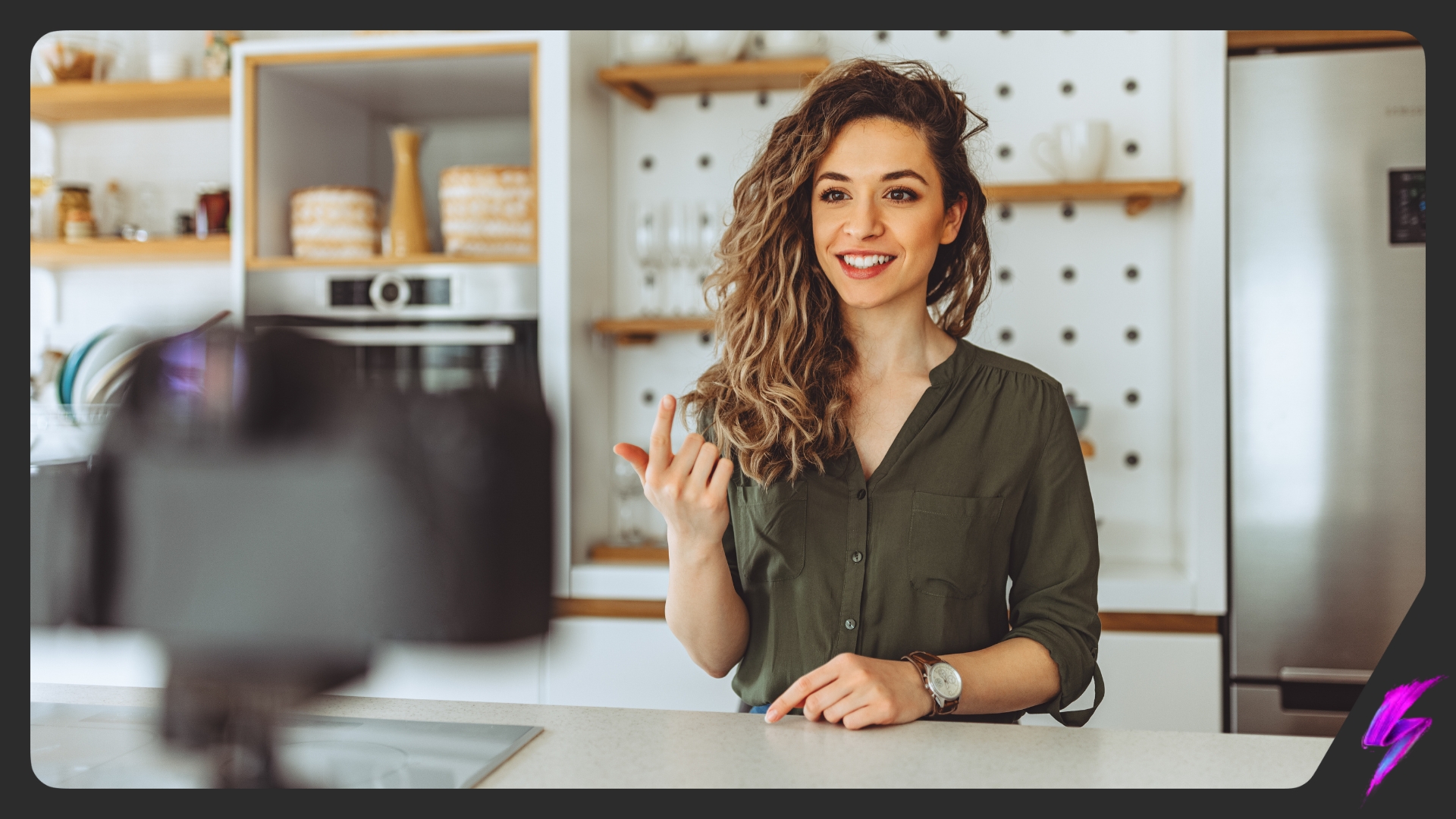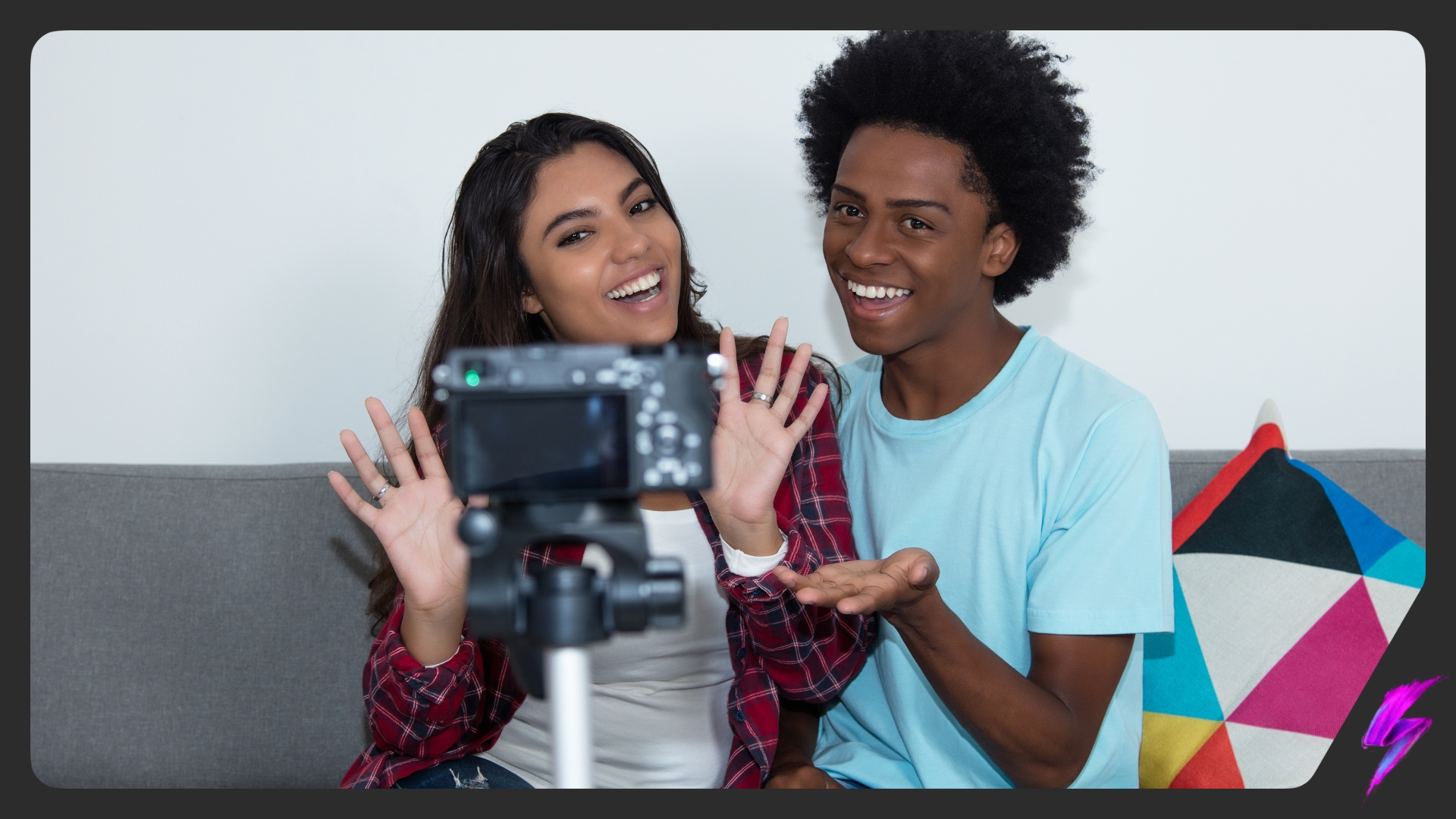The Rise of the Non-Alcoholic Drink
Jan 28, 2021
Industry Trends
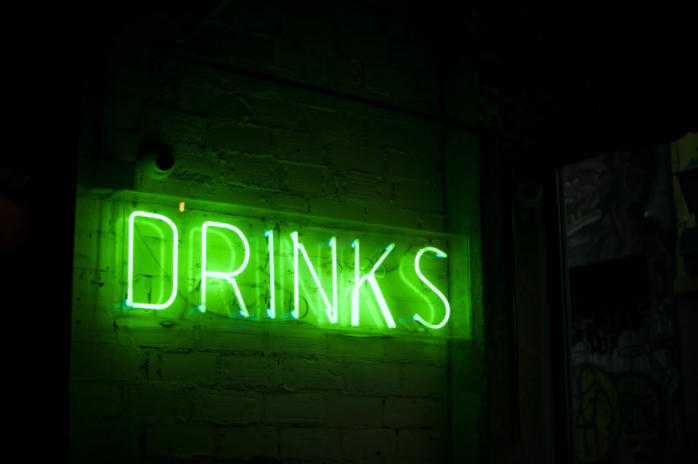
Throughout the pandemic, consumers have gradually become more and more health conscious. They have begun viewing their wellbeing as an essential part of their daily lives, and take time and effort to really consider what they’re putting in their bodies. It was revealed that 29% of people say they drank more alcohol in 2020 than in 2019, and 22% were concerned about the amount they were drinking since the UK COVID-19 restrictions were put in place.
Take us to January 2021, where the number of sign-ups for Dry January were at a record high of 6.5 million in the UK alone—that’s around 1 in 8 adults. To further this, around 1 in 4 adults are looking to cut down the amount of alcohol they drink. So, it’s unsurprising to see that the low and no alcohol drinks market has been growing rapidly. Start-ups and huge drink conglomerates alike are desperate to take a shot at this intoxicating market; but what are they doing to ensure success?
We’ve taken a look at 6 non-alcoholic drinks brands to see how they’re using social media to entice consumers for a drink.
1. CEDER’S (@ceders_drinks)
CEDER describes itself as a “distilled non-alcoholic alt-gin” that’s made with South African and classic gin botanicals. Launched in 2017, CEDER’s signed a deal with Pernod Ricard to distribute its product in the UK. It markets itself in a very similar way an alcoholic gin would—with a focus on the blends of botanicals.
On Instagram, CEDER positions itself as a well-rounded wellness brand. It posts regular mocktail recipes including its gins, wellness tips (for both mental and physical wellness), and recently created a 3-part wellness series with popular Instagram Yogi, Cat Meffan. CEDER regularly collaborates and gifts influencers with its products, and even has cocktail masterclass crates available to purchase. It uses Instagram posts, IGTVs and Stories (including highlights) to engage social media users.

Its most interesting social strategy was the “Virtual Wellness Retreat” it hosted on January 9th. CEDER offered ticket holders a unique programme of content including an inspirational talk from Fearne Cotton, a relaxing yoga session with Cat Meffan, sound bath meditation with Jasmine Hemsley, and a CEDER’S cocktail masterclass. Participants also received a CEDER’S Balance Box containing all the ingredients and equipment needed for the masterclass.
2. Everleaf (@everleafdrinks)
Non-alcoholic drinks brand, Everleaf, launched in January 2019 and is blended and bottled in the UK. Founded by a conservation biologist-turned-bartender, Everleaf’s branding embraces the beauty of nature and claims to be “nature’s answer to a non-alcoholic aperitif”. Everleaf was created to give people a non-alcoholic choice, but also to reflect the concept of sustainability—in terms of sourcing and consumption.

Everleaf uses its Instagram account to share beautiful cocktails, natural scenery and reviews of the ‘spirits’. In addition to this, Everleaf runs giveaways with other socially/environmentally conscious brands, such as Bramley which is a natural bath and body care company. In collaborating with wellness/pampering brands, Everleaf’s followers will see the brand as a luxurious product that can be used to relax in place of an alcoholic beverage.
Everleaf also uses influencers to promote its products. It uses nano influencers (those with less than 10K followers) to talk about the aromas, depth and sustainable sourcing of the product. The content features natural scenery, and the overall messaging suggests Everleaf is a great replacement for a real gin & tonic.
3. Seedlip (@SeedlipDrinks)
Seedlip launched in 2014 and claims to provide the “world’s first distilled non-alcoholic spirits”. Despite being around for a while, the brand only launched its first ever ad campaign in January 2020 in London and Manchester. It has three main non-alcoholic gins, but also sells gift sets and cocktail sets for most occasions.

Similarly to other non-alcoholic brands, Seedlip shares aesthetic cocktail pictures and recipes on its Instagram. However, it also shows the environmentally friendly and conscious steps it takes to be an ethical drinks brand. It shares facts about Mycelium—which it uses to make its gift and cocktail sets packaging—and spreads awareness about the “Climate Countdown” and encourages its followers to do what they can to help the planet.
Seedlip doesn’t seem to regularly participate in influencer marketing, however it does make full use of Instagram’s features, posting Reels, IGTVs and stories in addition to traditional posts. It uses these features to show the journey of the ingredients used, and how to make its fan favorite non-alcoholic “Espresso Martino”. In addition to this, it offers its products to be used in influencer giveaways.
4. Stryyk (@stryyk)
Stryyk launched in 2019 with the aim of being a direct alcohol replacement on nights out to stop the dreaded hangover the next morning. Having “all of the spirit, none of the alcohol” Stryyk’s products were designed to seamlessly swap into existing cocktail favourites and be a “stylish, sociable alternative to alcohol”.
Stryyk’s general presentation is a stark contrast to other non-alcoholic brands, and it presents itself as a much younger, attainable alcohol replacement—with a strikingly similar presentation to Pernod Ricard’s Absolut Vodka.

Stryyk uses its Instagram to post edgy shots of cocktails created using its various products and to let its followers know where they can purchase the alcohol replacements from. However, other than that, it doesn’t seem to use Instagram or social media. It does receive a fair amount of user generated content, but it doesn’t utilise Instagram’s new features at all, which could be why it receives a low amount of engagement.
View this post on Instagram
Considering Stryyk’s target market are young people who want to still go out and drink, but don’t want a hangover, it seems like Stryyk is missing a big opportunity by not using Instagram, and social media in general, more.
5. Three Spirit (@threespiritdrinks)
Three Spirit launched its first range of non-alcoholic drinks in 2018 with the mission “to show the world alcohol-free doesn’t mean pleasure-free.” While Three Spirits has similar priorities and messaging to other alcohol-free brands (sustainable sourcing, importance of flavour etc.), it’s branding is unlike any other.

Three Spirit focuses on alchemy, and plays into the stereotypical “witchy” side of this, with dark packaging and a supernatural Instagram theme. Its Instagram posts cocktail recipes, customer and press reviews, and eerie occult images. It makes full use of all features Instagram has available and has recently been pushing its products for Dry January.
View this post on Instagram
In addition, Three Spirit has recently used influencer marketing to promote its products. Using a mixture of nano, micro and macro influencers, Three Spirit has used influencers from different passion points. It has used food, cosplay, spiritual and drinks influencers. The content produced either focuses on one specific product or all three and provides tips on which mixer is best with each product.
6. Zeo (@feelZEO)
Zeo launched in the UK in 2020 and encourages “alcohol freedom”, which they describe as realising not drinking alcohol doesn’t mean you’re going to miss out on any fun. The brand currently only has two non-alcoholic spirits available: a Botanical Dry and a Spiced Oak.

Zeo might be the youngest and newest non-alcoholic brand here, but it seems to have quickly developed a strong social media presence and strategy. It uses all of Instagram’s available features to provide a variety of content for social media users to interact with. Like other non-alcohol brands, it posts cocktail recipes and encourages followers to swap a G&T for a Z&T.
View this post on Instagram
Zeo has also already started using influencer marketing with micro influencers. The brand uses these influencers to position Zeo as a refreshing drink that feels like alcohol, but gives the mind and body a break. In addition to this, it seems to be a hit with popular Instagram bartenders, who regularly create their own unsponsored content using Zeo products.
The Takeouts
Although the general messaging and idea behind non-alcoholic brands seems to be similar, each brand we have discussed today has a different method of attracting customers and social media followers. The general consensus is that non-alcoholic drinks are better for your mind, body and the planet—which seemingly hits all the current priorities for 2021 consumers. It is interesting to see how each brand targets different passion points; with CEDER targeting the yoga and wellness community, Three Spirit playing into the occult, spirituality of alchemy and Zeo targeting the G&T lovers and hangover haters.
Considering the consumer concern for health and wellbeing at the moment, it is unsurprising that the majority of these brands have strong social media presences and efforts put into place. Expectedly, most featured some messaging around Dry January and encouraged followers to consider the health benefits of swapping to a non-alcoholic tipple.
It will be interesting to see how these brands use social media in the future and whether there will be a heavier focus on influencer marketing, especially for Stryyk. Social media presents too many opportunities for an edgier, alternative brand so it’s safe to say that we’ll be keeping an eye out for its future endeavors.
Our Influencer marketing agency and Social agency are located worldwide, with our agency network based in the USA, UK, UAE and China.
If you want to receive our industry insights, visit our Influencer Marketing & Social Media blogs here.
[cta]
Popular Blogs
Most Popular Instagram Hashtags | Tiktok Hashtags | Instagram Monetization | Facebook Banner Size | Snapchat Influencers | Most Subscribed Youtubers | Best Time to Post on Youtube | UK Twitch Streamers | Female Twitch Streamers | Popular Tiktok Songs | Male Tiktok Influencers | Lgbtq Tiktok Influencers | The Rise and Fall of Clubhouse | Influencer Marketing on Clubhouse | LiketoKnowit | Pretty Little Thing Instagram| Social Marketing Agency
Social And Influencer Marketing News + Insights
Get in touch
We'll show you how to start powerful conversation, drive social engagement, build your brand, hit sales targets or meet other goals you have, wherever you are in the world.
Work with us